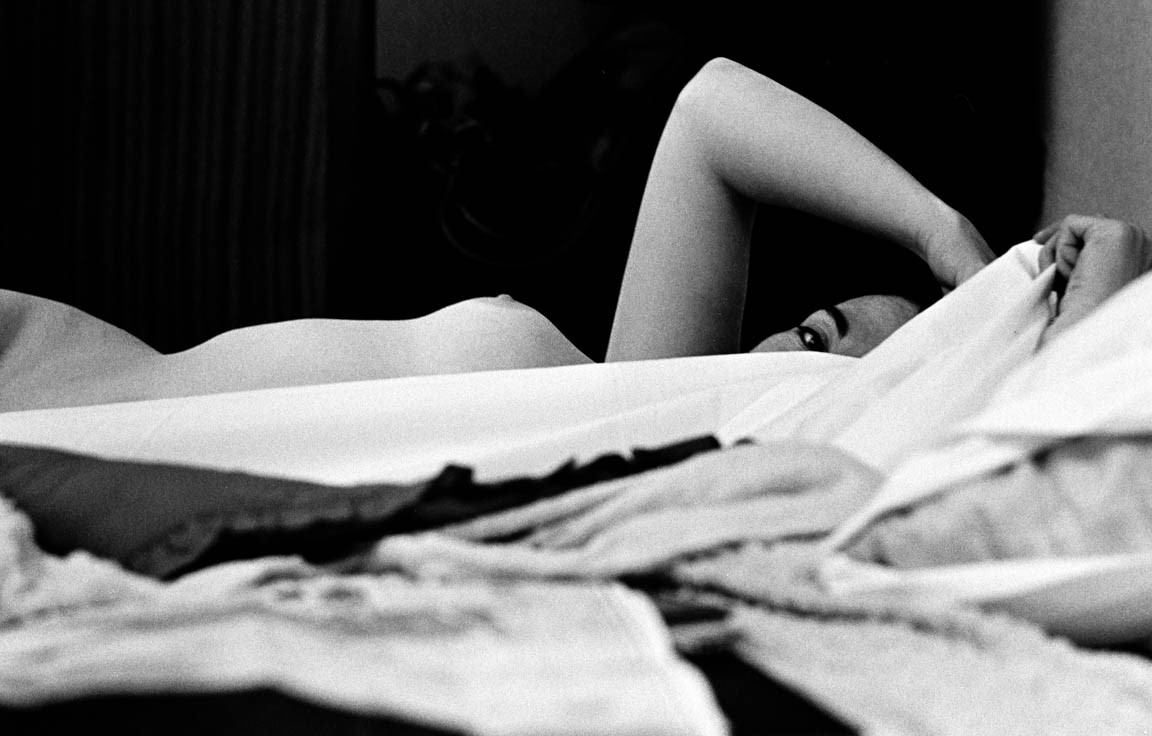I first met literary critic and philosopher George Steiner, who died February 3, in early 1964. I was in New York to interview actor and folksinger Theodore Bikel for a Sing Out! article on the Newport Folk Festival. Theo lived with his mother in an apartment building overlooking Washington Square. George was, as I recall, then the Conor Cruise O’Brien Visiting Professor at NYU. The professorship included an apartment in the same building. After Theo and I were done, I went up two floors to meet George.
The connection was John Gagnon, a sociologist I’d met at the Institute for Sex Research (often called “The Kinsey Institute”) when I first started doing prison research in the 1960s. John had several times told or written me that he thought George and I should meet. “You two have a lot in common. But there’s one thing you should know.” I wondered what secret he was about to tell. “George has a withered right arm, so when you shake hands, use your left hand.”
I introduced myself and, as one does, and, totally forgetting John’s warning, put forth my right hand. He put forth his left hand, so I withdrew the hand I’d put forth and we shook hands, left to left, and then we had a long, pleasant talk.
I remember him telling me that he’d gone to Yale but hated it because people had looked at him weirdly because he was Jewish, so he’d transferred to University of Chicago. I wanted to ask, “How did you know those looks were about you being Jewish rather than your withered arm or you being just 16?” But there was no pause in which I might have asked such a question. It was just a fact of his life, uttered, and then the words moved on.
A few years later, Diane Christian and I were in England and we took a day to go up to Cambridge to visit the Fitzwilliam Museum, which had some Blakes Diane wanted to see, and George, whom I wanted Diane to meet.
We left the Fitzwilliam with two shopping bags of books. When we got to George’s house, I told Diane about meeting him in Washington Square a few years earlier, so we switched our shopping bags to our right hands.
George opened the door, looked at the two of us, and put forth his right hand. We shifted the bags from one hand to another and followed him inside. My immediate thought was, “This is not starting well.”
We parked the bags near the door. George said we’d go to the patio for tea, but first he wanted to show us his chess sets. There were several of them and they were all exquisite. Some came with stories, which George told.
While Diane and I were admiring them, George said, almost as an aside, that all the great chess masters and all the great chamber musicians were Jewish or Chinese.
I was so stunned I said nothing. Diane was also silent, but, she told me later, for a different reason: “I wanted to see how far he’d go.” She has always been more patient than I.
George went on. “It’s because only the Jews and the Chinese have kept their gene pools pure,” he said. He told us there were secret NASA studies which confirmed racial and national types.
We went to the patio where we had drinks. His wife, Zara, was there, as was his dog. We talked about people we both knew. George told us he had recently taken a position at University of Geneva, but he was still teaching at Cambridge. Geneva was, he said, the perfect place for him because he could teach in four of the languages in which he was fluent. He was then reviewing regularly for The New Yorker. It was the most wonderful writing job in the world, he said. He received a regular check, whether he’d submitted anything or not. He sent them reviews only when he was moved to do so.
Then he returned to chess and chamber music. “I can’t imagine what it would be like not being Jewish,” he said.
People who think you can know a Jew by physiognomy sometimes assume Diane is Jewish. She’s Irish on her mother’s side, Italian on her father’s. George had made that assumption, perhaps on physiognomy, perhaps because she was married to me, or perhaps because he remembered my first wife, Susan, and he was conflating the two.
I said, “Ask her. She’s a shiksa.” There are Yiddish words that even atheist Jews of atheist Jewish parents of my generation, like me, know. Shiksa is one of them. For most of us, it’s a female goy, a woman who is not Jewish. For some, it has a nastier connotation.
For maybe a millisecond, George thought I was joking. He looked at me; he looked at Diane; he knew no joke was in play.
I looked at Diane. She was looking at me angrily. Why me and not him?
George set his glass on the table and said, “There is a bar near here where Rupert Brooke used to drink. I really want to show it to you.” He stood up. We fetched our Fitzwilliam bags and within five minutes we were at that bar, where George ordered beer or ale for the three of us.
Rupert Brooke was an important early twentieth century British poet. He died at the age of 27 from a toxic mosquito bite in 1915 when he was en route to Gallipoli. When we got to the bar, I thought we’d talk about Brooke and that generation of British writers, so many of whom died in that war.
No. We just tossed down the beers or ales, after which George said, “I’ll drop you at the train station.” Which he did. It was an hour before our train.
When he was gone, Diane said, “I can’t believe you did that. Why would you do that?”
“What?”
“Tell him I’m not Jewish.”
“You’re not Jewish.”
“You should have said nothing. Then six months or a year from now, he’d see Leslie Fiedler and Leslie would say, ‘Not only is Diane a shiksa, but she was a nun.’ That would have been a terrific moment.”
“But,” I said, “we wouldn’t have been there for it. I wanted to see the look on his face.”
“It would have been better to have waited and let the story happen on its own.”
There is another interesting aspect to that day. I shot one roll of 35mm film during the course of it, 36 frames. Most photographers I know who worked in film say that if you get one keeper out of a 35mm roll you’re doing just fine. That day, on that roll, I got six. Three of George, one of Diane in Cambridge, one of her in the railroad carriage on the way back to London, and one more of her in our hotel in London, where we failed to agree on which version of the end of that encounter with George would have been better. Whatever: that London hotel photo remains one of my all-time favorites.
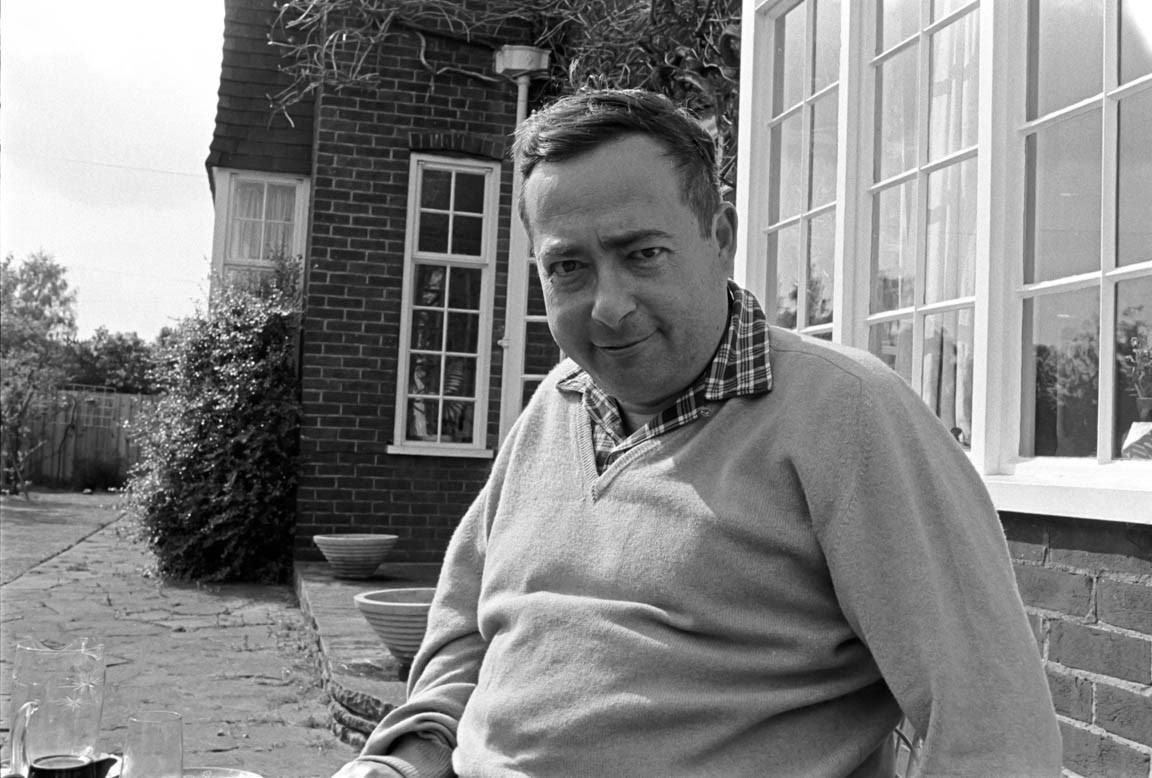
xxx
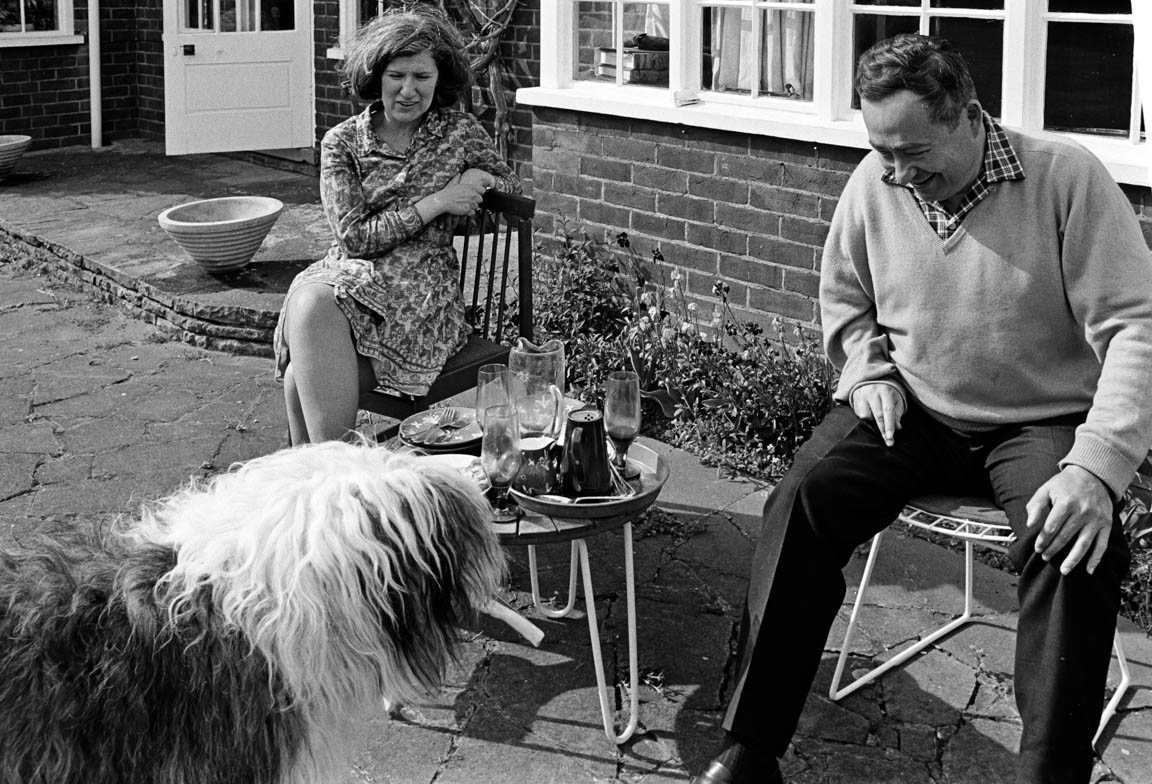
xxx
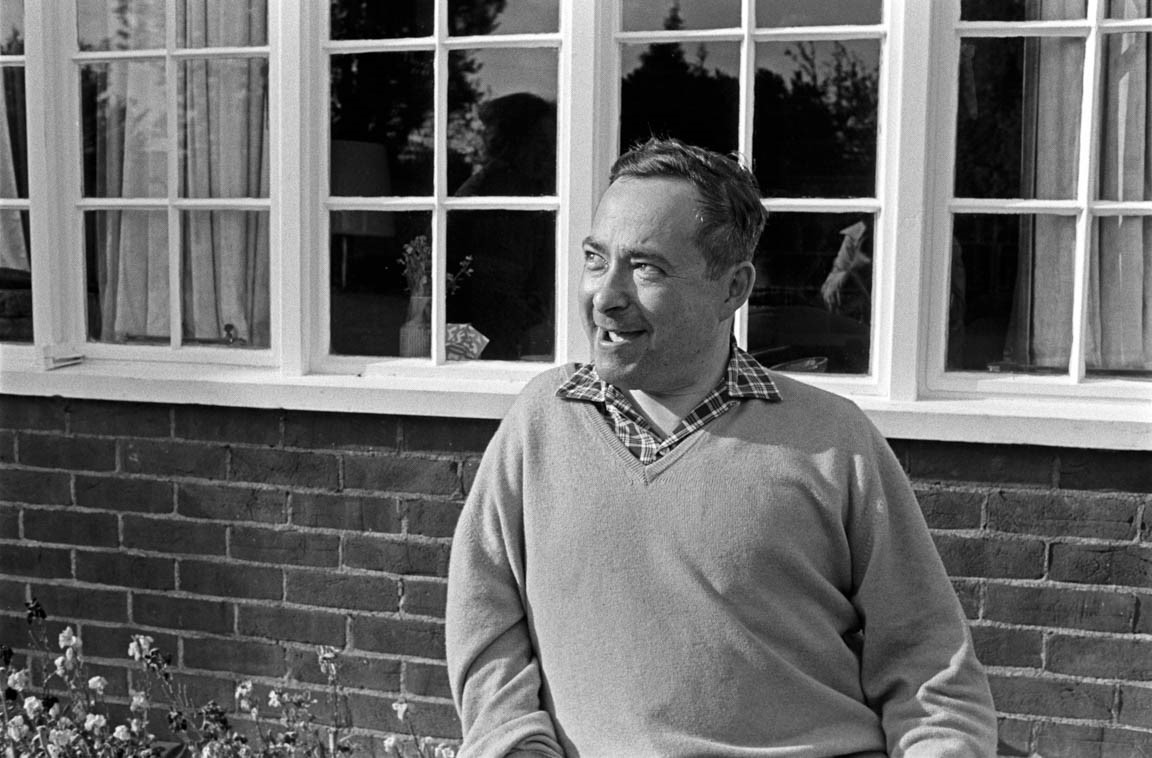
xxx
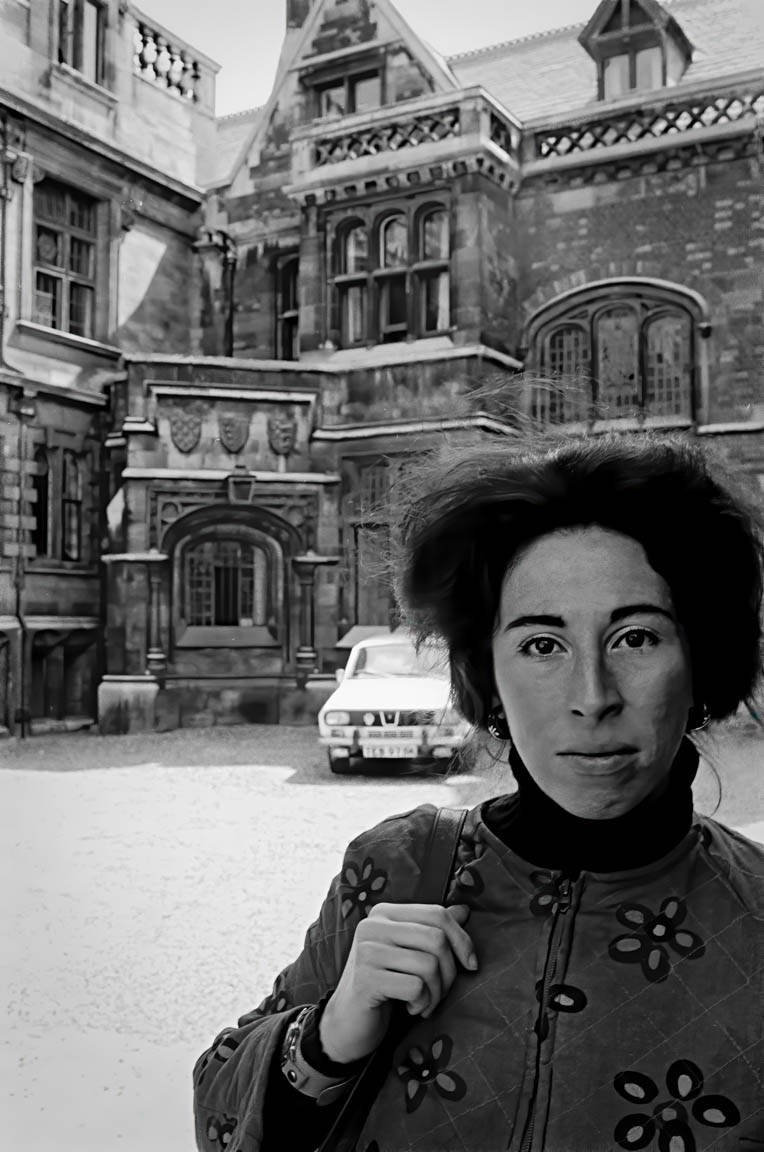
xxx
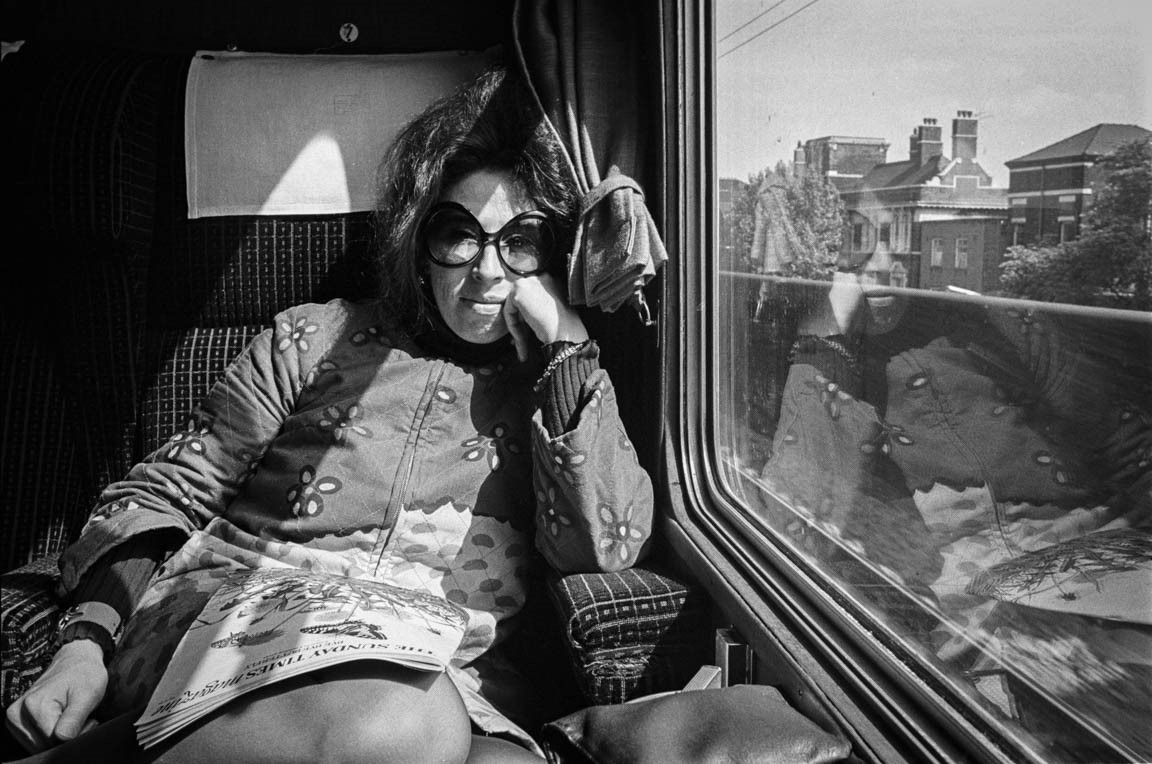
xxx
